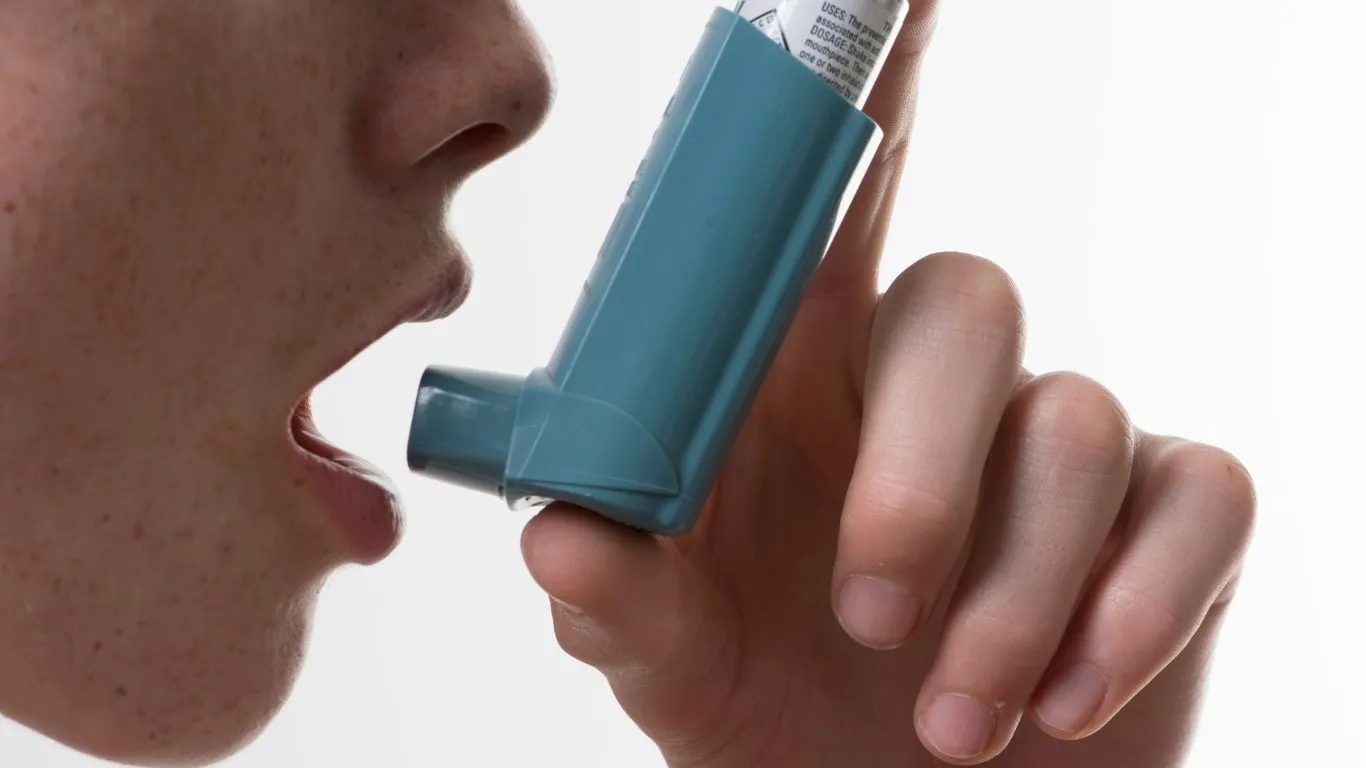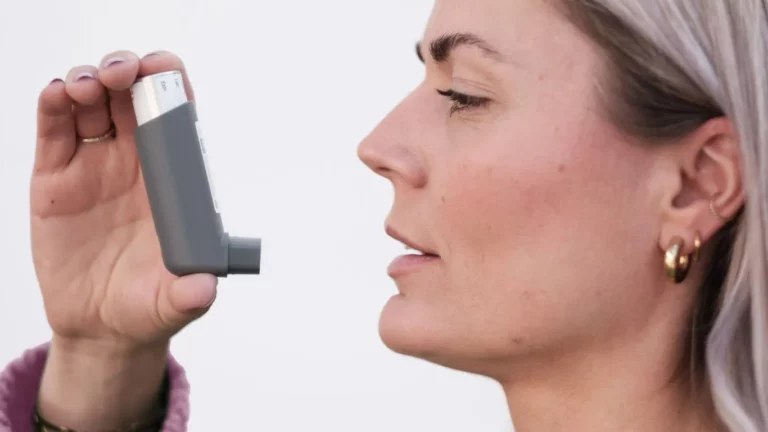Home Sauna Benefits for Asthma – A Breath of Fresh Air
Ever wondered if a home sauna could be the game-changer for managing asthma? You’re not alone! Let’s dive into how stepping into that warm, steamy haven might help you (or someone you care about) breathe a little easier.
 When it comes to asthma, we all know how unpredictable those flare-ups can be. Whether it’s triggered by the weather, dust, or even stress, managing asthma often feels like juggling a million things at once. But what if your home sauna could offer more than just a cozy sweat session? Let’s talk about it.
When it comes to asthma, we all know how unpredictable those flare-ups can be. Whether it’s triggered by the weather, dust, or even stress, managing asthma often feels like juggling a million things at once. But what if your home sauna could offer more than just a cozy sweat session? Let’s talk about it.
How a Sauna Works Its Magic
Okay, so first off, let’s get into the basics. A sauna works by using dry or wet heat to warm your body, usually between 150°F and 195°F. This heat does a bunch of cool (or rather, hot!) things, like improving circulation and relaxing muscles. But here’s the twist: it can also help your respiratory system, which is key for people with asthma.  The warmth from the sauna can ease airway inflammation and loosen mucus, making it easier to breathe. Think of it like a natural, luxurious decongestant.
The warmth from the sauna can ease airway inflammation and loosen mucus, making it easier to breathe. Think of it like a natural, luxurious decongestant.
Benefits of a Home Sauna for Asthma
Here’s the part you’ve been waiting for—the why behind the hype. Let’s break it down:
1. Relaxes Airways and Reduces Inflammation
Asthma is often caused by inflammation in your airways. Saunas can help reduce this inflammation, giving you that sweet relief from tightness and wheezing. It’s like giving your lungs a warm hug.
2. Loosens Mucus
If you’ve ever felt like your chest was playing host to a sticky spiderweb of mucus, you’ll know how annoying it is. The steam from a sauna can loosen that mucus, helping you cough it out more easily. Gross? Sure. Helpful? Absolutely. 
3. Reduces Stress (a Sneaky Asthma Trigger)
Stress is a major asthma trigger for many people. A sauna session helps relax your mind and body, lowering your stress levels. Less stress = fewer asthma flare-ups.
4. Improves Circulation
When your blood flow improves, your body gets better at transporting oxygen and nutrients, including to your lungs. This means your lungs can function more efficiently.
5. Boosts Immune Function
Regular sauna use has been linked to a stronger immune system. Since colds and respiratory infections can worsen asthma symptoms, this is a nice bonus.
Things to Keep in Mind
Before you jump into your sauna, here are a few tips to keep it safe and effective:
1. Keep Sessions Short
If you have asthma, start with shorter sessions—say, 10–15 minutes. Listen to your body. If you feel dizzy or have trouble breathing, get out immediately. 
2. Stay Hydrated
Saunas make you sweat (obviously), so drink plenty of water before and after. Dehydration can make asthma symptoms worse, so don’t skip this step!
3. Talk to Your Doctor
Everyone’s asthma is different. Chat with your doctor before adding sauna sessions to your routine, especially if you’re on medication or have severe symptoms.
4. Avoid Overheating
Too much heat can be a problem. If the sauna feels too hot, lower the temperature or take breaks to cool down.
FAQs
- Can a sauna cure asthma? No, a sauna can’t cure asthma. But it can help manage symptoms like airway inflammation and mucus buildup. Think of it as a supportive tool, not a replacement for your inhaler or meds.
- Is a sauna safe for kids with asthma? Always consult a doctor first. Kids can be more sensitive to heat, so any sauna use should be brief and supervised.
- What type of sauna is best for asthma? Infrared saunas are a good option because they work at lower temperatures, making them gentler for people with respiratory issues.
- How often should I use a sauna for asthma relief? 1–3 times a week is a good starting point. Pay attention to how your body responds and adjust accordingly.
- What if I feel worse after using a sauna? Stop immediately and consult your doctor. Saunas aren’t for everyone, and it’s important to prioritize safety.
References
- American Lung Association. (2024). Asthma Management and Therapy Options. Read More
- Harvard Health Publishing. (2023). The Benefits of Sauna Therapy. Read More
- National Institutes of Health. (2023). Sauna Use and Respiratory Health: A Review. Read More
Disclaimer: This information is for educational purposes only. It’s not a substitute for professional medical advice, diagnosis, or treatment. Always consult a healthcare provider about your specific needs, especially when managing asthma or adding new therapies like sauna use to your routine.

Bianca Nala is a compassionate Nurse Practitioner with a strong background in primary and respiratory care. As a health writer for Healthusias.com, she combines her clinical expertise with a talent for clear, relatable storytelling to help readers better understand their health. Bianca focuses on topics like asthma, COPD, chronic cough, and overall lung health, aiming to simplify complex medical topics without losing accuracy. Whether she’s treating patients or writing articles, Bianca is driven by a single goal: making quality healthcare knowledge accessible to everyone.







